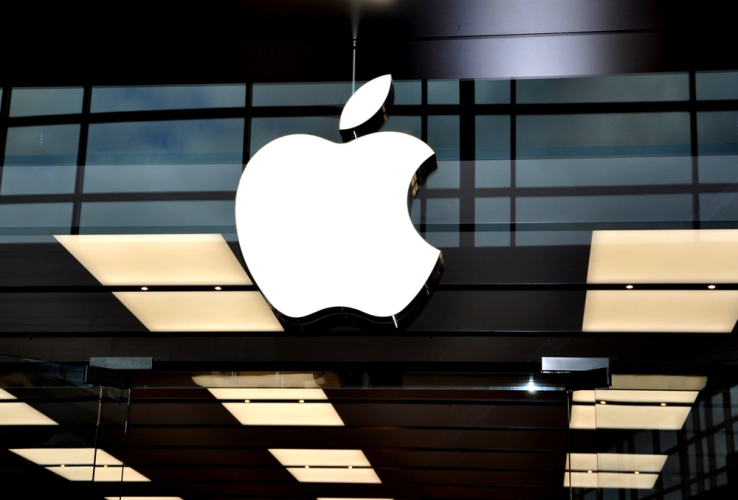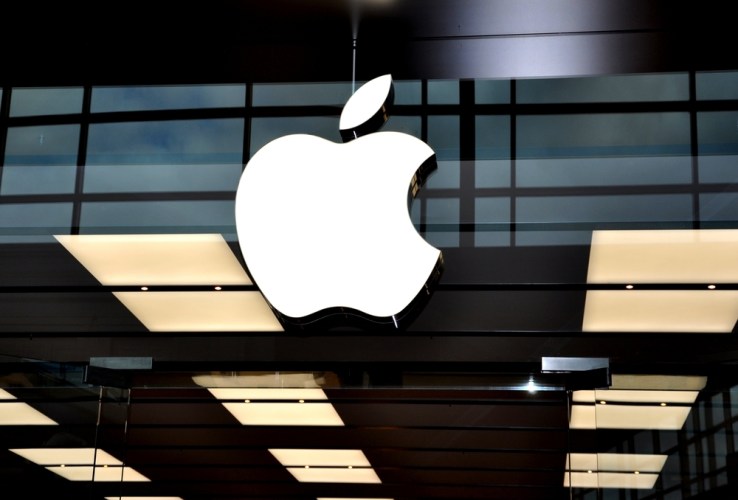

Apple is preparing an SDK that would allow developers much greater access to Siri — and the improved assistant will power a stationary hub device like Amazon’s Echo. A report from The Information tallies with things we’ve heard over the last few weeks; expect an announcement, if not the device itself, at WWDC in June.
Siri, sad to say, has not aged well. Features that were impressive four or five years ago have lost their luster, and rival services have leapfrogged the famous virtual assistant in countless ways. Siri’s creators, of course, moved on years ago to work on something better: Viv, which they announced just weeks ago at Disrupt NY.
Apple’s insistence on controlling the Siri ecosystem ensured a smooth launch and few surprises, but it has severely hampered her usefulness. Not everyone wants to use the services Apple has struck deals with, and of course if there’s a hot new app, chances are slim to none Siri will hook into it.
A Siri SDK open to all developers (though likely with serious limitations, in true Apple style) would go far to make an adequate virtual assistant into a powerful and convenient one. And, as Apple works at shoehorning itself into households with HomeKit, a versatile voice-activated hub seems a natural addition.
It seems highly likely that Apple will take a high-end approach to the space, rather than provide an inexpensive, minimal product like Apple TV. The new device will likely go for significantly more than the cost of an Echo — $300 would be my guess — and will improve on the aspects that are important to Apple users: design and service integration.
Expect to be sold on the quality of the speaker and a design Jony Ive will doubtless introduce in a video replete with lingering slow pans. Then expect to hear how closely Apple has worked with [PowerPoint slide of Internet of Things partners], and of course how it works seamlessly with iTunes, email, iCloud storage and so on.
They might even slip in a little sass regarding the motives of Amazon and Google: The one, you may hear, wants to sell you things, and the other wants to know your every move. Apple, of course, just wants to make your home a nice place to be.
Featured Image: Lester Balajadia/Shutterstock

